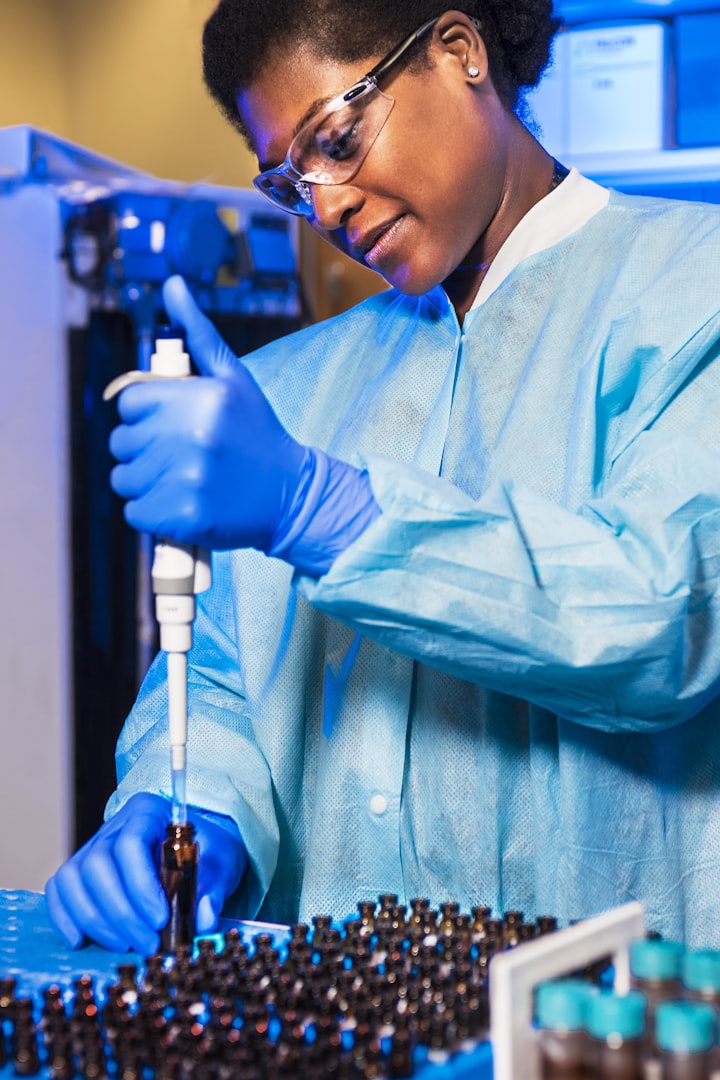The Science Behind The Safety & Effectiveness Of Bioidentical Hormones
Why BHRT is Different?
Patients exploring hormone replacement therapy options may have questions about the safety of bioidentical hormones.
This is especially the case for those who are mid-life or have other health issues which they believe put them in a higher risk category (e.g., breast cancer, cardiovascular disease).
Recent research shows that, when properly administered, bioidentical hormone replacement therapy (BHRT) effectively reduces current symptoms and may even reduce the risk of certain illnesses such as breast cancer.
Here’s what to tell patients who are worried about the safety of bioidentical hormones.
Why BHRT is Different
BHRT is used around the world primarily to help with age-related hormone changes and associated symptoms.
More and more people are turning to this popular option over non-bioidentical hormones, which include:
- Conjugated Equine Estrogen (CEE)
- Ethinyl Estradiol
- Medroxy Progestin Acetate
BHRT has been used successfully for decades, and its popularity continues to surge.
Bioidentical hormones are derived initially from a molecule called diosgenin found in either soy or yam. The resulting hormone is then manufactured into FDA-approved prescriptions or prepared by compounding pharmacies to patient-specific doses.
Bioidentical hormones are different from these synthetic hormone therapies because the hormones are identical to endogenous hormones in our body.
Unlike most synthetic hormones, bioidentical hormones are molecularly identical to endogenous hormones and have the same:
- Biological action, effect, and response
- Receptor binding affinity
- Metabolic pathways
Because bioidentical hormones have the same structure as those made in the body, they have the potential to be extremely safe and effective.
What the Research Says About the Safety of Bioidentical Hormones
As the research on HRT therapies has shown, it’s impossible to extrapolate the results from research done on one type of hormone and then apply it to a different kind of hormone.
All hormones are not the same, and they do not behave the same way.
What we know now from the research on the safety of bioidentical hormones is:
- Bioidentical hormones may convey more favorable or equally effective results than their counterparts
- Bioidentical hormones may be more effective than non-bioidentical hormones for sleep, mood, and vasomotor symptoms
- When administered properly, data indicates BHRT does not have the side effects demonstrated with non-bioidenticals.
- Bioidentical hormones have been shown to improve lipid profiles
- The risks associated with CEE and progestins regarding breast cancer and cardiovascular events have not been reported with bioidentical hormones.
Past studies reported harsh side effects, most notably the controversial results from the Women’s Health Initiative Trial.
Research today points to both the safety and effectiveness of bioidentical hormones. Several comprehensive reviews have been undertaken, all of which point to the overall safety and efficacy of BHRT.
Giving patients accurate information about the safety of bioidentical hormones is essential, so review these studies to understand better why there may be a lower risk of some cancers, cardiovascular disease, and osteoporosis, amongst other health concerns.
Administering BHRT to Your Patients
If you want BHRT to be as effective and safe as possible, learning to diagnose patients accurately and developing effective health plans which include bioidentical hormone therapy is vital.
Non-bioidentical hormone treatments in the past have been associated with higher risks of breast cancer and other cancers, as well as other serious health problems.
But a review of the recent literature shows us that those problems were partly related to poor administration and dosing.
Prescribing BHRT properly requires careful diagnoses and specialized prescriptions, where practitioners first must have a clear picture of a patient’s:
- Individual needs
- Individual risk profile
- Health goals
- History
This highly individual and tailored approach is, in part, what makes it potentially more effective and possibly lower-risk.
If you discuss these therapies with clients or patients, they will undoubtedly be curious about the safety of bioidentical hormones.
Health care practitioners should understand that this is a viable option for treating menopausal symptoms and those suffering from other conditions related to hormone imbalance.
Men may look to BHRT to help with low androgens as well.
People of all ages, genders and backgrounds looking to improve their health with BHRT should have a clear understanding of the science and easily access treatment.
Let Us Help You Share the Benefits of BHRT with Patients
Patients appreciate the opportunity to discuss health goals and challenges in detail, especially regarding highly personal topics like aging and reproductive health.
They are looking for well-informed, open-minded practitioners who will teach them about the safety of bioidentical hormones to be more empowered about meeting both immediate and long-term health goals.
BHRT providers offer a valuable service, and this type of therapy should be readily available.
Whether you‘re looking to open your clinic or learn to prescribe BHRT accurately, we can guide you.
As you learn to help patients more holistically, you’ll also see that demand equals revenue, so much so that you may want to open a profitable BHRT treatment clinic.
Enjoyed this article? Here is one more to help you:
5 Reasons You Should Learn to Prescribe Bioidentical Hormones







Comments
There are no comments for this story
Be the first to respond and start the conversation.